The Schwammstein offers an efficient and innovative new solution to the market that regulates the discharge of rainwater into tree pits and green spaces.
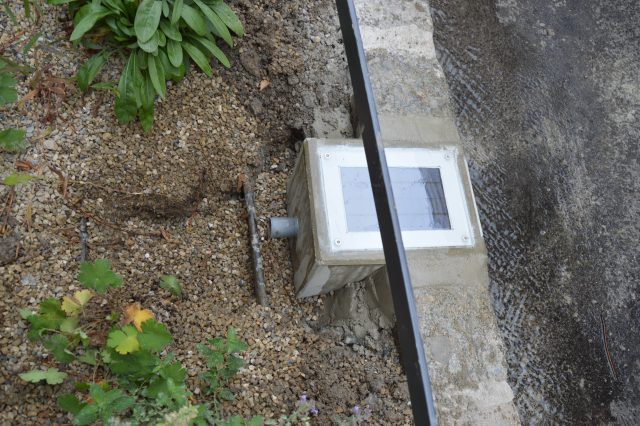

The Schwammstein offers an efficient and innovative new solution to the market that regulates the discharge of rainwater into tree pits and green spaces.
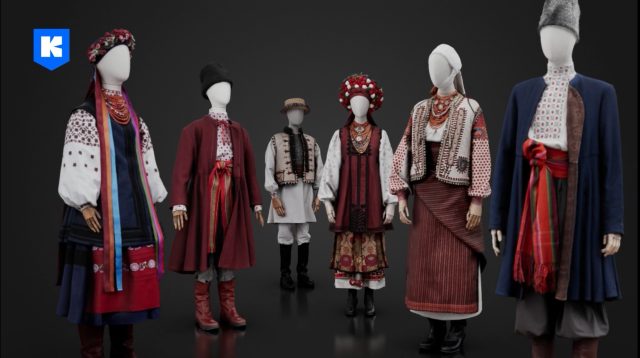
Kyiv’s Digital Tourism and Cultural Hub provides online audio-guided 3D tours of monuments, buildings, and museums to both preserve and promote Ukraine’s rich cultural heritage.
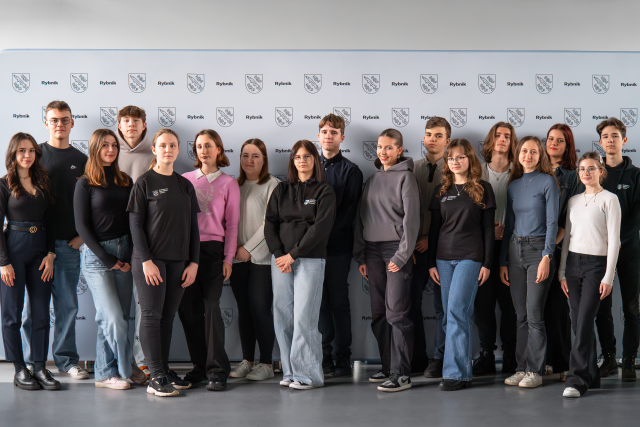
Youth Participatory Budgeting aims to support the development of ideas, engage students in selecting the most appropriate initiatives, and help young people learn how to make collective decisions in their school communities.

Easy Government invites people with disabilities and socially vulnerable people to redesign legal and administrative texts, using easy reading, to create simpler communication materials for all audiences.
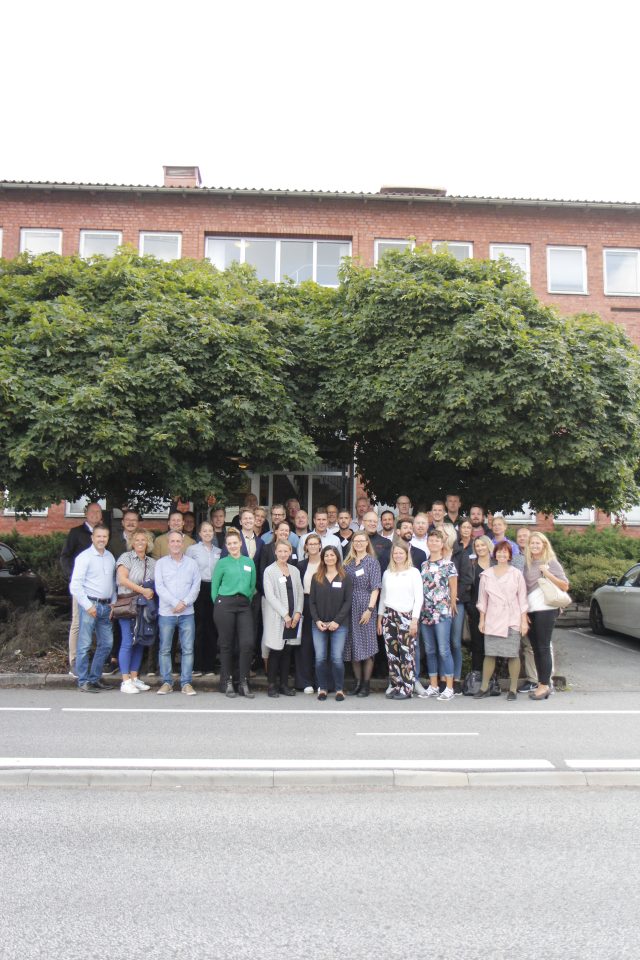
Preschool Hoppet is a best-practice example of fossil-free, low-emission construction in Sweden.
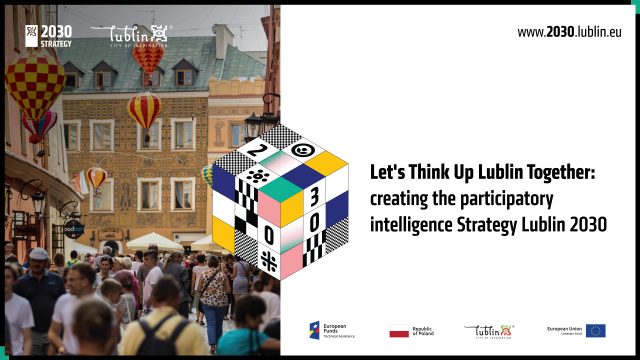
In a complex process, carried out between 2019 and 2022, a widely accepted vision for Lublin in 2030 was agreed upon with a strategy for the development of Lublin.
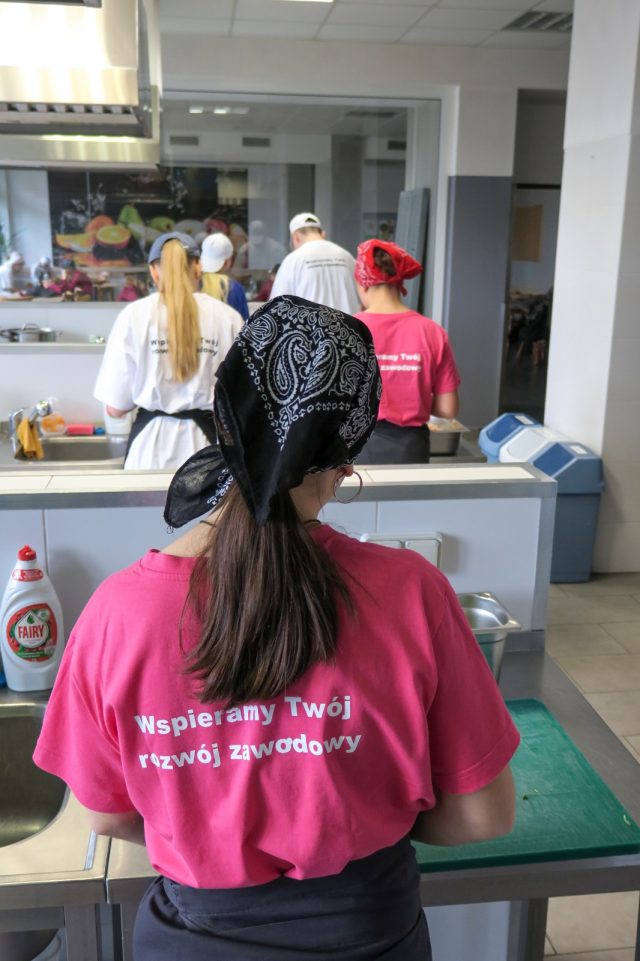
Fifty trainee chefs use surplus food from food stores to cook three-course meals for those in need, preventing food waste while feeding the hungry.
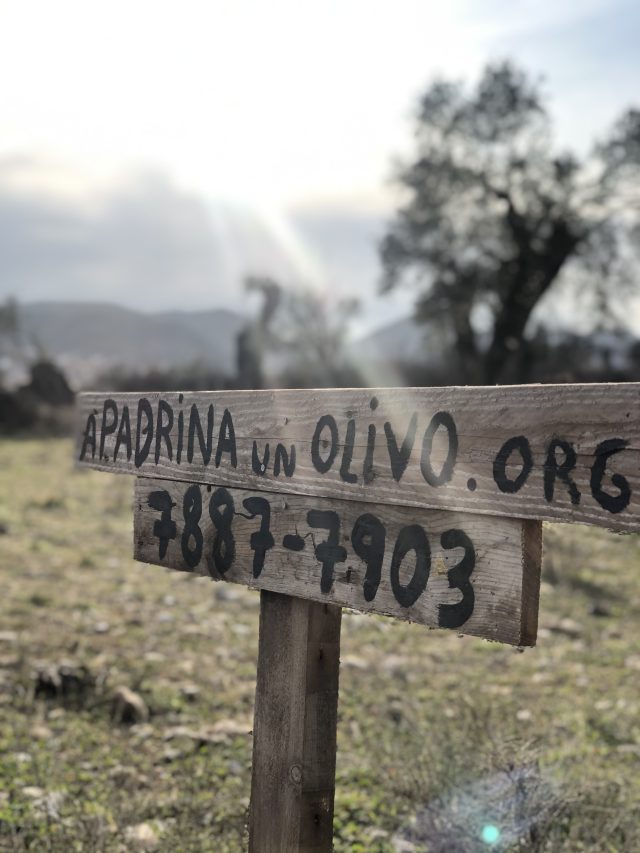
This non-profit organisation creates rural jobs by increasing the number of olive trees in production.
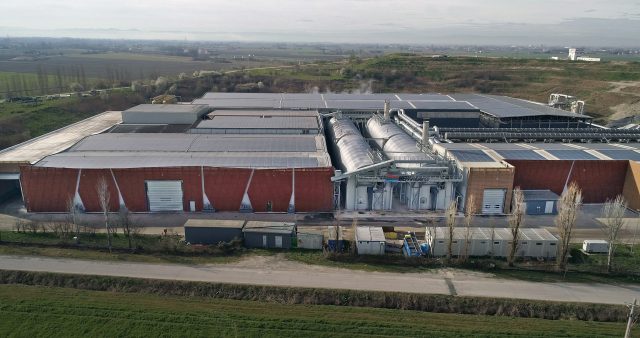
The HERAmbiente project houses a composting and bio-stabilisation facility which actively recovers non-hazardous waste from the organic fraction of urban waste.
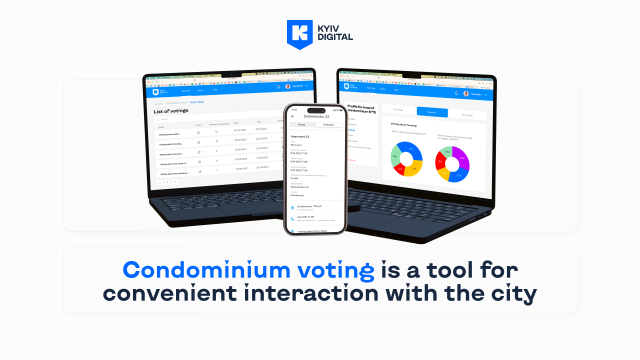
Condominium E-Voting allows residents to communicate their housing issues in a quick, easy, and safe manner, enhancing their engagement in the decision-making process and improving the efficiency of services.
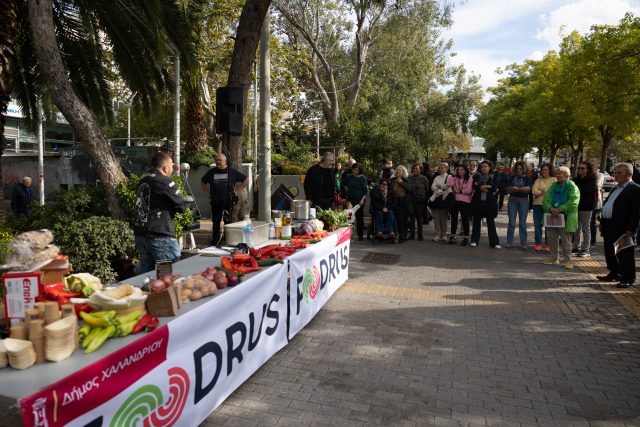
The Municipality of Halandri’s Food Loss and Waste Prevention Unit combines food-waste monitoring, awareness raising, and citizen-science education, with the optimisation of bio-waste using chemical-engineering processes.
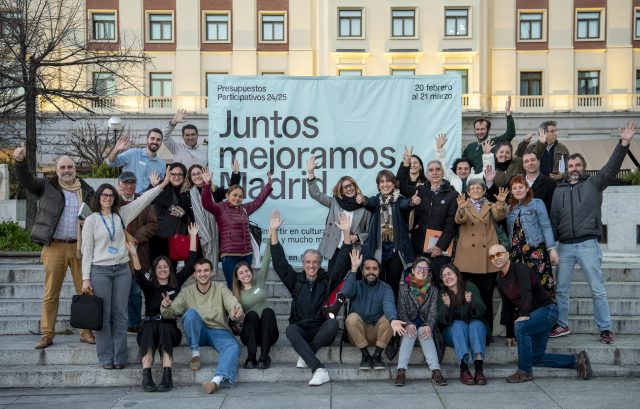
DECIDE MADRID allows citizens to make direct contributions via the platform, which are evaluated and incorporated into Madrid City Council’s public policies.
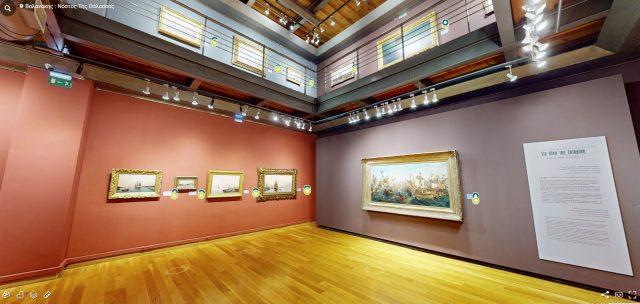
The Municipal Art Gallery of Chania implements an extensive digitisation programme of the exhibitions it organises.
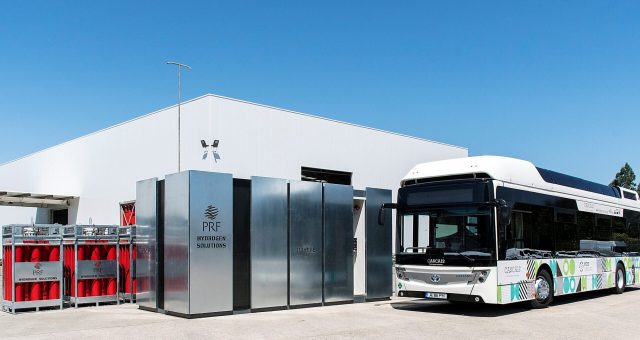
This initiative stands out for its holistic approach to integrating sustainable mobility, climate resilience, and community-driven innovation as Cascais transitions to carbon neutrality.
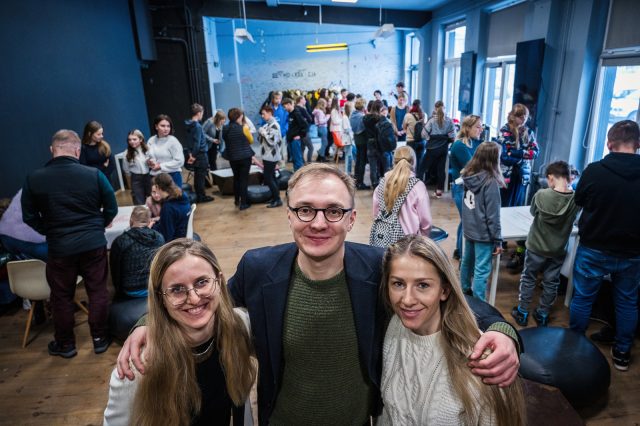
The School Participatory Budget is a democratic process in which selected educational institutions co-decide on the division of a budget allocated to them.
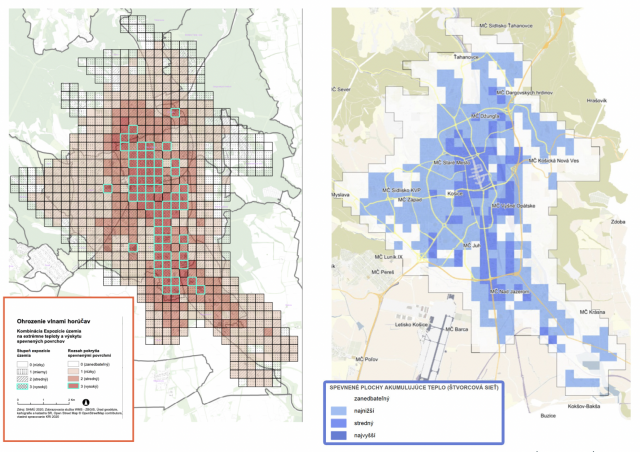
Košice 2.0 tangibly improves city life by smartly integrating data, setting new standards in urban progress and showcasing the synergy of technology and community in the digital age.
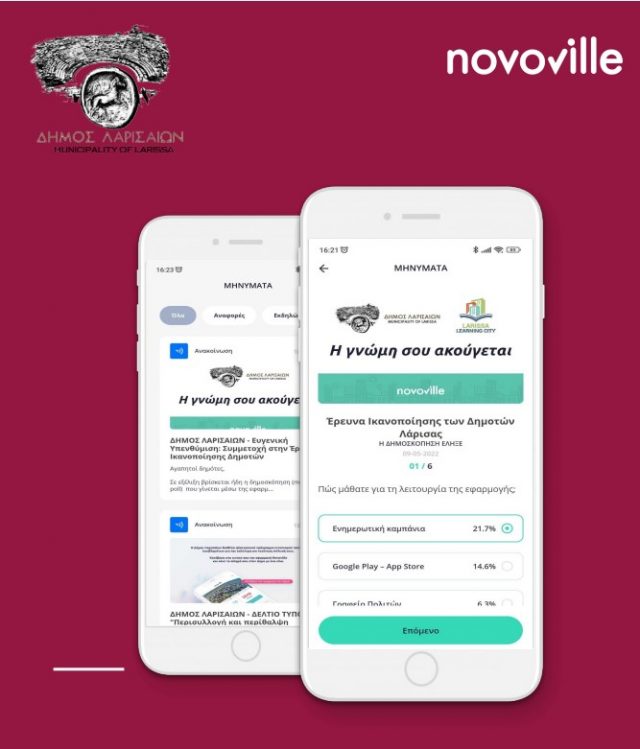
Innovative consultation methods enable the Municipality to capture more residents’ opinions and make data-driven decisions.
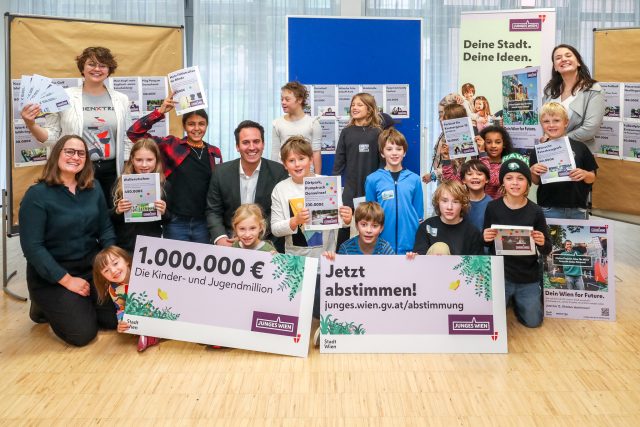
With the Participatory Children’s and Youth Million, young people in Vienna submit their ideas and decide themselves which of their projects will be implemented with 1 million EUR.
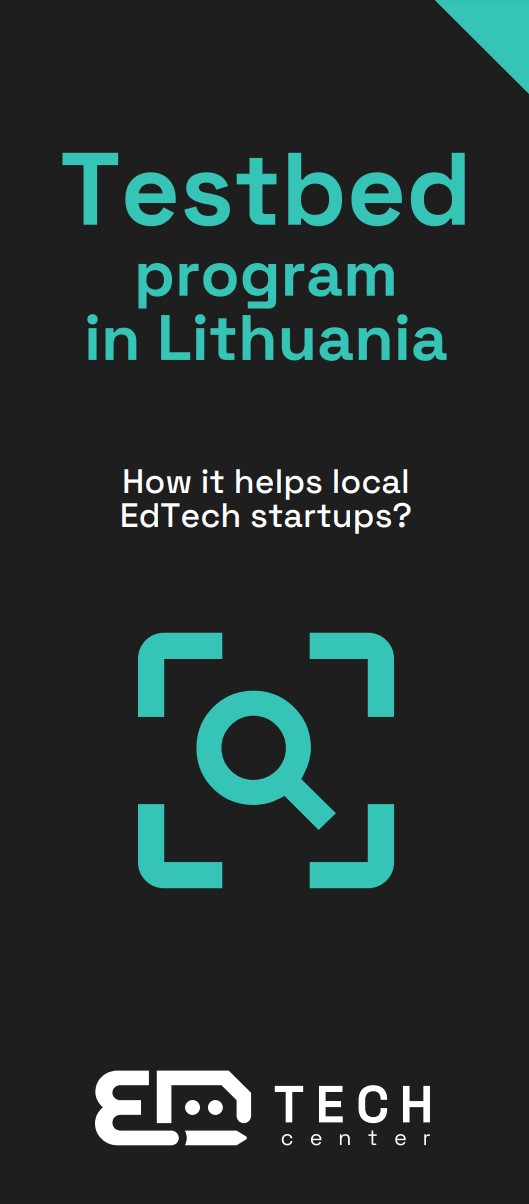
The Testbed Programme is a practical way for schools and creators to test the latest educational technologies in a real learning environment.
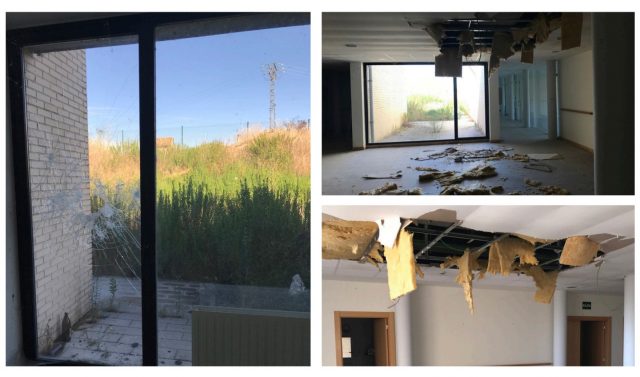
This project sees the conversion of an abandoned building into a multipurpose centre for elderly people, hosting various social innovation activities.